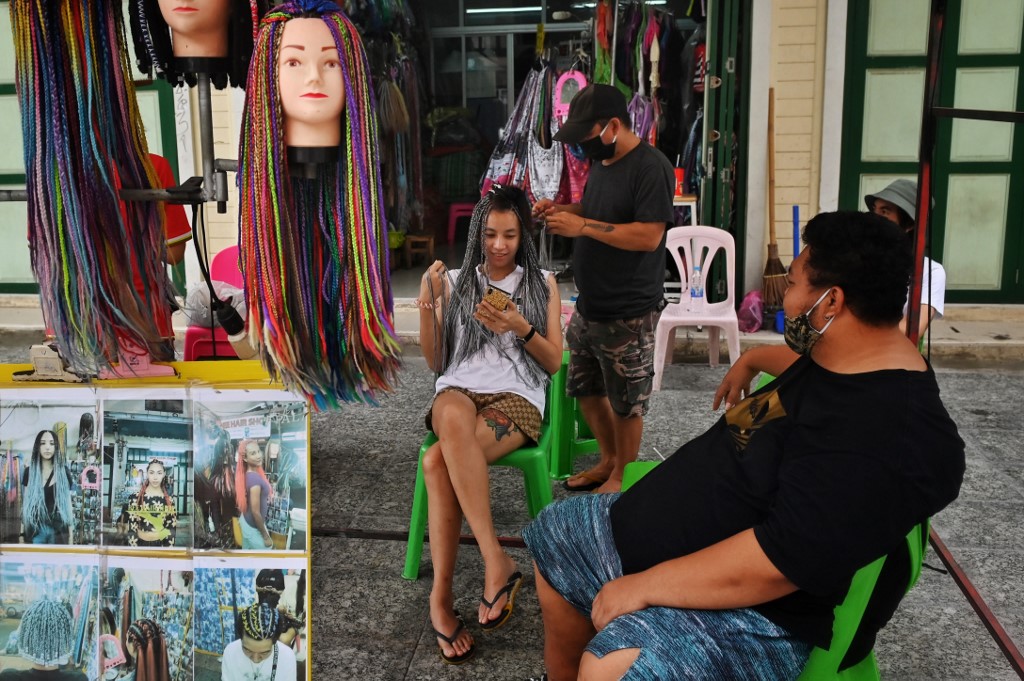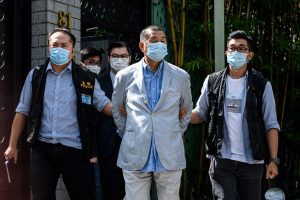The Covid-19 pandemic has unleashed a truly global economic crisis, but countries that rely on services like tourism are suffering the worst damage, IMF chief economist Gita Gopinath said on Tuesday.
Despite the scale of devastation, financial markets are rising, apparently disconnected from world events, Gopinath said in a blog post.
“For the first time since the Great Depression, both advanced and emerging-market economies will be in recession in 2020,” she said. “Past crises, as deep and severe as they were, remained confined to smaller segments of the world.”
And while most crises hit manufacturing as investment falls, advanced and emerging market economies are seeing a larger impact in services, she said.
In China, which was the first to exit the lockdown, “the recovery of the services sector lags manufacturing as such services as hospitality and travel struggle to regain demand.”
She said pent-up consumer demand might lead to a quick recovery. “However, this is not guaranteed in a health crisis as consumers may change spending behaviour to minimise social interaction, and uncertainty can lead households to save more.”
This is of particular concern for economies that depend on tourism.
The IMF official also noted the “striking divergence of financial markets from the real economy,” possibly buoyed by the massive policy response from governments and central banks.
However, she cautioned that markets could see “sharp corrections” if bad news emerges on economic data or health issues.
And even as countries begin to emerge from lockdowns, “there remains profound uncertainty about the path of the recovery.”
The IMF is due to release its updated World Economic Outlook on June 24 which Gopinath said “is likely to show negative growth rates even worse than previously estimated.”
Thailand to open ‘travel bubbles’
Thailand will open “travel bubbles” with countries that have comparably low coronavirus infections, officials said last Friday, as the kingdom tries to claw back money for its battered tourism sector.
The country closed its borders at the start of April, leading to millions of job losses across a tourism industry which accounts for around 20% of GDP.
Despite registering the first Covid-19 case outside of China in January, Thailand has recorded just 3,129 infections with 58 deaths.
Buoyed by the low figures, tourism officials are hoping to lure back visitors from regional countries with similar levels of the virus – including China, Vietnam, South Korea, Australia and New Zealand.
“These so-called ‘travel bubbles’ will allow people from countries who have the same level of virus to visit… without the mandatory 14-day quarantine,” said Taweesin Visanuyothin, spokesman for the Centre for Covid-19 Situation Administration.
But he did not give a date for the select reopening.
And travellers would need to have complete “health checks” before and after arrival as well as valid medical insurance, he added.
However, Taweesin did not elaborate on how quickly Covid-19 tests could be carried out once visitors arrived in Thailand.
Instead, he said talks over coming days between health and tourism officials will outline the next steps.
The country is targeting “sports tourists like golfers because they stay in certain areas and have limited contact with locals… as well as businessmen and medical tourists,” he added.
The kingdom is expected to lose up to $47 billion this year in tourist revenues, according to an HSBC Global Research note published this week, based on arrivals dropping to 14 million from 40 million last year.
The civil aviation authority, which has said airports will remain closed until at least the end of June, is under intense pressure from hoteliers, conference organisers and airlines to reopen Thai airspace.
Thailand’s economy has flatlined since the virus struck, hammering tourism and exports.
Annual growth is forecast to slump by between 5 to 7%, depending how fast the country can reopen to visitors.
The kingdom will ease a curfew on June 15 as businesses creep back to life.
Bars, clubs and massage parlours, however, will remain closed.
AFP
























